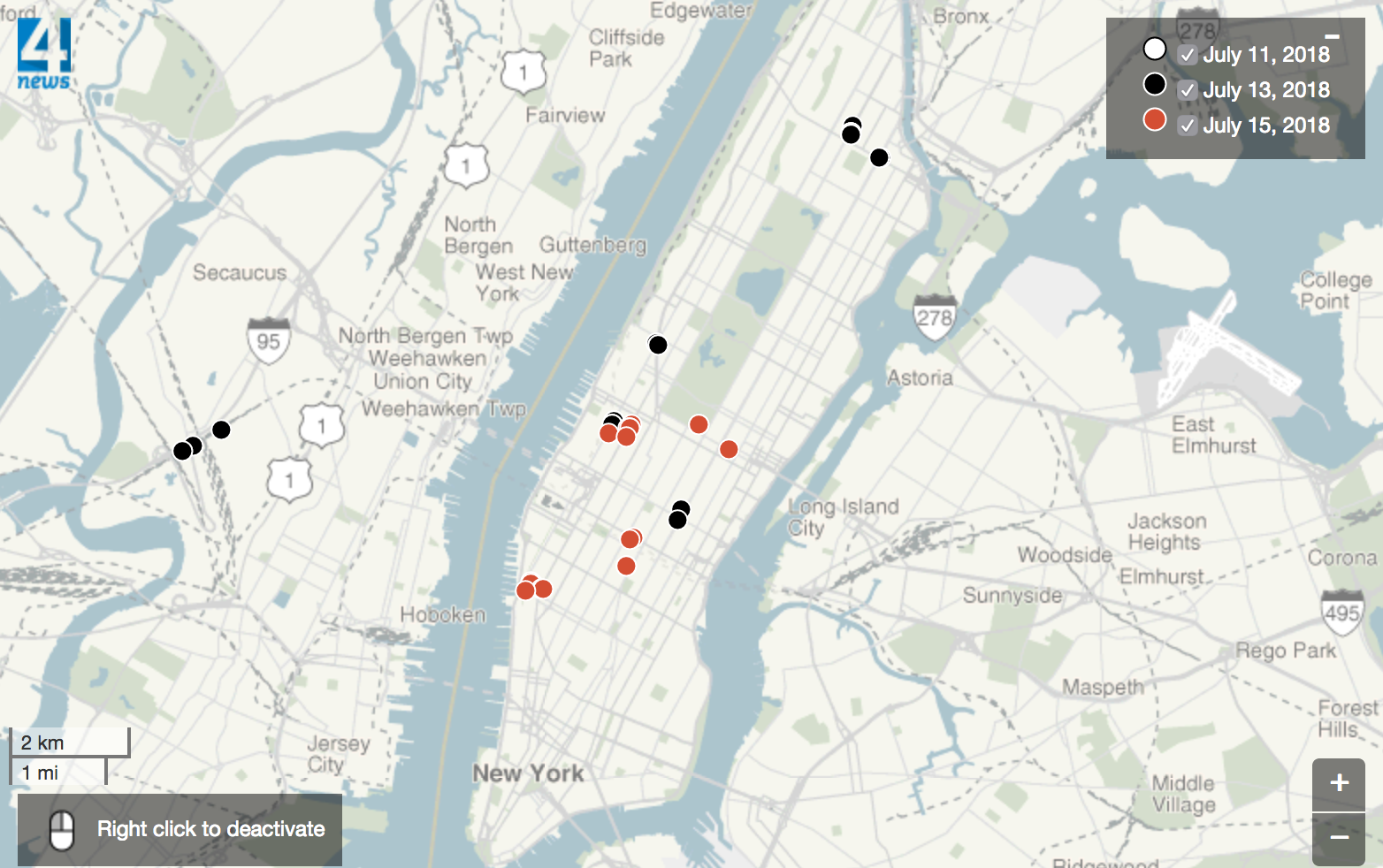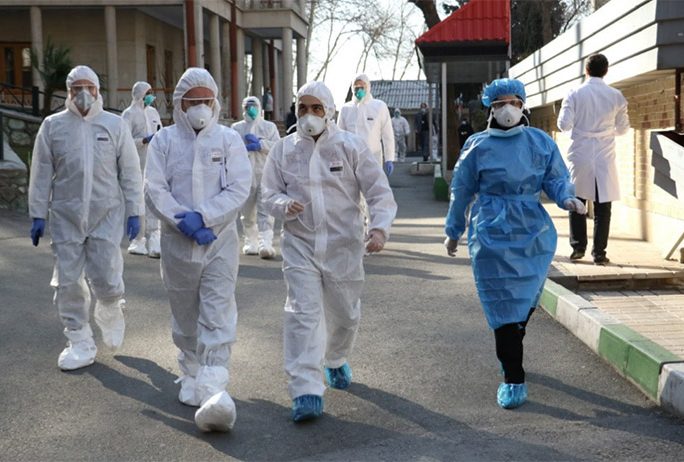An expert at the World Health Organisations (WHO) has waded into the privacy debate about whether authorities should be tracking smartphone location data.
Professor Marylouise McLaws, a technical adviser to the WHO’s Infection Prevention and Control Global Unit, told the Register that it’s time to track people’s smartphones to ensure they self-isolate during the global pandemic.
It comes after last week it was reported that the government had asked BT (owner of EE) for location data, to see if citizens are practising social isolation.

Location tracking
Earlier last week it was reported that certain European operators were sharing data that showed whether people are complying with local curbs on movement, while at the same time respecting Europe’s strict privacy laws.
The data was reportedly not real-time data, but showed broad patterns of where people were located and could be used to send health alerts to specific regions.
The data would not show location data for a particular individual for example.
But the WHO expert feels that tracking and limiting the movements of overseas travelers and suspected coronavirus carriers, has proved an essential tool in controlling the pandemic in Asia.
Professor McLaws is said to be a professor at the University of New South Wales’ School of Public Health and Community Medicine in Australia, and a member of European, US and UK epidemiology and infection control bodies.
She told The Register that tracking location data played a key role in nations that were able to flatten the exponential curve of Covid-19 cases – namely countries such as Singapore, Taiwan and South Korea.
According to WHO data, Coronavirus has so far killed 15,485 people around the world as of Monday 23 March 2020.
But Singapore for example as of Monday has only had 509 cases with only two people dying.
Taiwan has 195 cases with two deaths, but South Korea has 8,961 cases and 111 deaths.
Singapore example
According to Professor McLaws, in Singapore those who may have been exposed to the novel coronavirus – particularly those returning from overseas – were subject to “stay-home notices” that required them to self-isolate for 14 days.
To enforce thosee stay-at-home notices, officials told Singapore citizens to enable location services on their smartphones and periodically click on a link sent by SMS.
That link reported their location, confirming they were in fact staying at home.
“I like technology, and I am surprised that we are not using it on the group who are at highest risk – international travelers – and who are not being checked that they are actually self-isolating,” the professor told the Register.
“It is all very well and good to say self-isolate, now is the time to say it must be done,” said Professor McLaws. “And now that mild confirmed cases are being told to stay at home, we need to make sure they are not out shopping.”
Can you protect your privacy online? Take our quiz!




